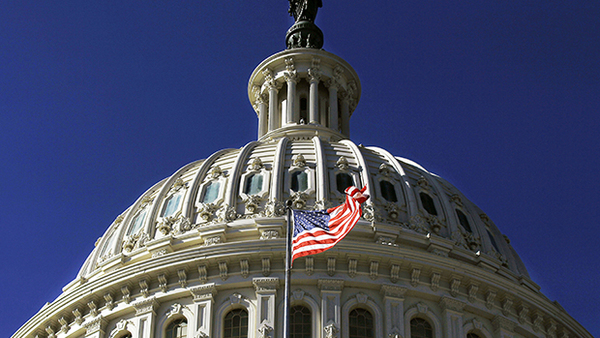
Firing an opening salvo in the upcoming tax reform debate, NAFCU on Monday said the loss of the credit union tax exemption would have a far-reaching negative impact on the U.S. economy.
“Our analysis indicates that removing the credit union tax exemption would cost the federal government $38 billion in lost income tax revenue over the next 10 years,” NAFCU said. “GDP would be reduced by $142 billion, and 883,000 jobs would be lost over the next decade as well.”
Congress may consider comprehensive tax reform during the 115th Congress and there has been speculation that banks will attempt to convince Congress to remove the long-standing credit union tax exemption to raise revenue.
NAFCU said that between 2006 and 2015, a significant drop in the presence of credit unions would have resulted in $159 billion in direct losses to consumers.
The report was written by Robert Feinberg, an economics professor at American University in Washington, D.C. and Douglas Meade, director of research at Interindustry Economic Research Fund in College Park, Md.
The authors of the report said that credit union rates on new and used cars are an average of 28% lower than bank rates. Credit card and unsecured loan rates are 12% lower at credit unions. Interest rates on savings, checking and money market accounts were 32% higher at credit unions, they said.
The direct benefit of these loan and deposit rates to credit union members were estimated between $4.4 billion to $6.9 billion annually.
The reduction in personal income would lead to a loss of $3.8 billion a year in lost federal tax revenue.


